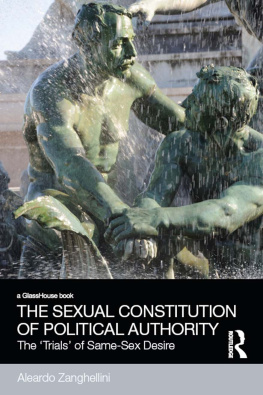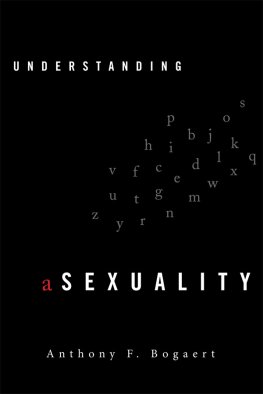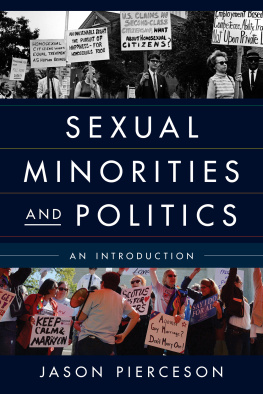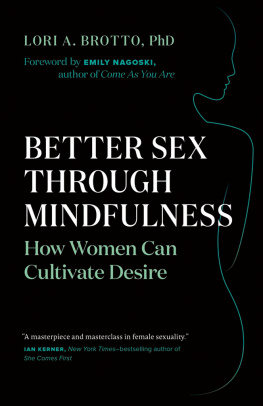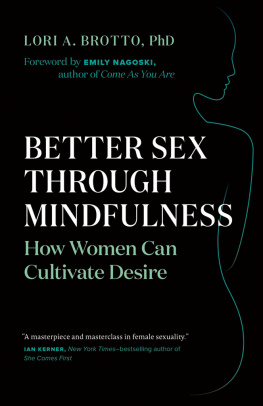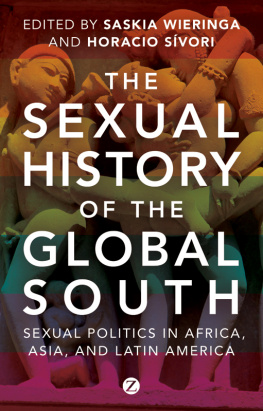
The Sexual Constitution of Political Authority: The Trials of Same-Sex Desire
While there is no shortage of studies addressing the states regulation of the sexual, research into the ways in which the sexual governs the state and its attributes is still in its infancy. The Sexual Constitution of Political Authority argues that there are good reasons to suppose that our understandings of state power quiver with erotic undercurrents. The book maintains, more specifically, that the relationship between ideas of political authority and male same-sex desire is especially fraught. Through a series of case studies where a statesmans same-sex desire was put on trial (either literally or metaphorically) as a problem for the good exercise of public powers, the book shows the resilience and adaptability of cultural beliefs in the incompatibility between public office and male same-sex desire. Some of the case studies analysed are familiar ground for both political/ constitutional history and the history of sexuality. The Sexual Constitution of Political Authority argues, however, that only by systematically reading questions of institutional politics and questions of sexuality through each other will we have access to the most interesting insights that a study of these trials can generate. Whether they involve obscure public officials or iconic rulers such as Hadrian and James I, these compelling fragments of queer history reveal that the disavowal of male same-sex desire has been, and partly remains, central to mainstream understandings of political authority.
Aleardo Zanghellini is Professor of Law and Social Theory at the University of Reading.
Social Justice
Series editors: Sarah Keenan, Birkbeck College, University of London, UK, Davina Cooper, University of Kent, UK, and Sarah Lamble, Birkbeck College, University of London, UK
Social Justice is a new, theoretically engaged, interdisciplinary series exploring the changing values, politics and institutional forms through which claims for equality, democracy and liberation are expressed, manifested and fought over in the contemporary world. The series addresses a range of contexts from transnational political fora, to nation-state and regional controversies, to small-scale social experiments. At its heart is a concern, and interdisciplinary engagement, with the present and future politics of power, as constituted through territory, gender, sexuality, ethnicity, economics, ecology and culture.
Foregrounding struggle, imagined alternatives and the embedding of new norms, Social Justice critically explores how change is wrought through law and governance, everyday social and bodily practices, dissident knowledges, and movements for citizenship, belonging and reinvented community.
Titles in this series:
Intersectionality and Beyond: Law, Power and the Politics of Location
Emily Grabham, Davina Cooper, Jane Krishnadas and Didi Herman (eds), 2009
Regulating Sexuality: Legal Consciousness in Lesbian and Gay Lives
Rosie Harding, 2010
Rights of Passage: Sidewalks and the Regulation of Public Flow
Nicholas Blomley, 2010
Anarchism and Sexuality
Jamie Heckert and Richard Cleminson (eds), 2011
Queer Necropolitics
Jin Haritaworn, Adi Kuntsman, Silvia Posocco (eds), 2014
After Legal Equality
Robert Leckey (ed.), 2014
Subversive Property: Law and the Production of Spaces of Belonging
Sarah Keenan, 2015
Chronotopes of Law: Jurisdiction, Scale and Governance
Mariana Valverde, 2015
Law, Environmental Illness and Medical Uncertainty
Tarryn Phillips, 2015
Global Justice and Desire: Queering Economy
Nikita Dhawan, Antke Engel, Christoph H. E. Holzhey and Volker Woltersdorff (eds), 2015
The Sexual Constitution of Political Authority
Aleardo Zanghellini, 2015
Power, Politics and the Emotions: Impossible Governance?
Shona Hunter, 2015
Forthcoming:
Protest, Property and the Commons
Lucy Finchett-Maddock
Regulating Sex After Aids: Queer Risks and Contagion Politics
Neil Cobb
Law Unlimited
Margaret Davies
The Sexual Constitution of Political Authority
The Trials of Same-Sex Desire
Aleardo Zanghellini

First published 2015
by Routledge
2 Park Square, Milton Park, Abingdon, Oxon, OX14 4RN
and by Routledge
711 Third Avenue, New York, NY 10017
a GlassHouse Book
Routledge is an imprint of the Taylor & Francis Group, an informa business
2015 Aleardo Zanghellini
The right of Aleardo Zanghellini to be identified as author of this work has been asserted by him in accordance with sections 77 and 78 of the Copyright, Designs and Patents Act 1988.
All rights reserved. No part of this book may be reprinted or reproduced or utilised in any form or by any electronic, mechanical, or other means, now known or hereafter invented, including photocopying and recording, or in any information storage or retrieval system, without permission in writing from the publishers.
Trademark notice: Product or corporate names may be trademarks or registered trademarks, and are used only for identification and explanation without intent to infringe.
British Library Cataloguing in Publication Data
A catalogue record for this book is available from the British Library
Library of Congress Cataloging in Publication Data
A catalog record has been requested for this book
ISBN: 978-0-415-82740-9 (hbk)
ISBN: 978-0-203-52287-5 (ebk)
Typeset in Galliard by
Servis Filmsetting Ltd, Stockport, Cheshire
For Giovanni Zanghellini, Adriana Mongiov and Annamaria Zanghellini,
Who taught me to love books;
And for Hideki Kojima, who reminds me that life can live up to them.
Contents
To say that I enjoyed every single minute of writing this book would be exaggerating, but only just. I owe a debt of gratitude to many people who contributed the time, encouragement, professional skills, intellectual stimulation and opportunities that have made this possible. Publishing the book as part of Routledges Social Justice series, I had the luxury of having the series editors read and comment upon the whole book in draft form. Many thanks, therefore, to Davina Cooper and Sarah Keenan. Having looked up to Davina Coopers work since my early days as a postgraduate student fifteen years ago, the benefit of her comments felt like a particular privilege.
I am also indebted to Chris Hilson and Grace James for reading papers extracted from or based upon the book. Many other people have become acquainted with the project or some of its aspects, in one way or another, responding constructively, suggesting lines of enquiry, providing practical advice or simply listening benevolently. Some exchanges stand out in my memory as particularly meaningful. These include those with Carl Stychin and Nicola Barker, who were the first to know about the books concept. Carl Stychin has been a source of encouragement throughout, quite apart from his generous mentorship in all things academic. The same can be said of the brilliant Denise Meyerson, even if her acquaintance with this particular project has been solely by e-mail. Martha-Marie Kleinhans apart from the influence of her scholarship on the projects design was good enough to regularly solicit and enthusiastically receive detailed reports on the books progress (with Ioannis Kokkoris, looking sharp in a suit, as a welcome witness to our exchanges). Kate Gleeson, Vijaia Nagarajan, Alpana Roy and Tawhida Ahmed have questioned me in depth about the project whether in Bloomsbury, Izmir or Varenna. Their interest and support undoubtedly stems from their friendship; but it comes with the bonus of sharp insight. Dimitrios Kyritsis and Stephen Samuel have taken a genuine interest in some of the books main ideas: they too have my gratitude. In telephone conversations about the book, some of the people closest to me have proved excellent listeners and rewarded me with intelligent questions: thank you to Davide Massaro, Valerio Zanghellini and Gloria Bona Nyariay. I recall with special pleasure a conversation about the book then still in its early stages with Mauro Miranda, Isabella Perego and Jelena Milovanovic on a car drive down to Marlow. Finally, comparing notes with Stephanie Polsky on book writing and the publication process was both fun and fruitful.
Next page
